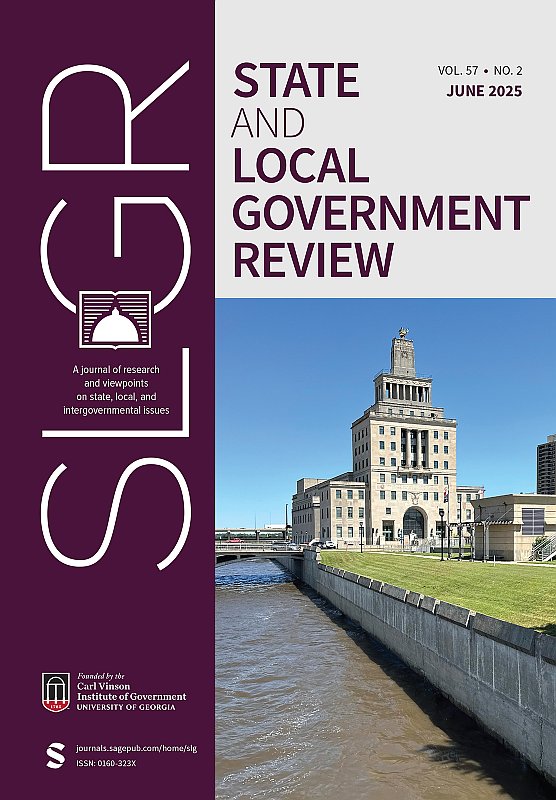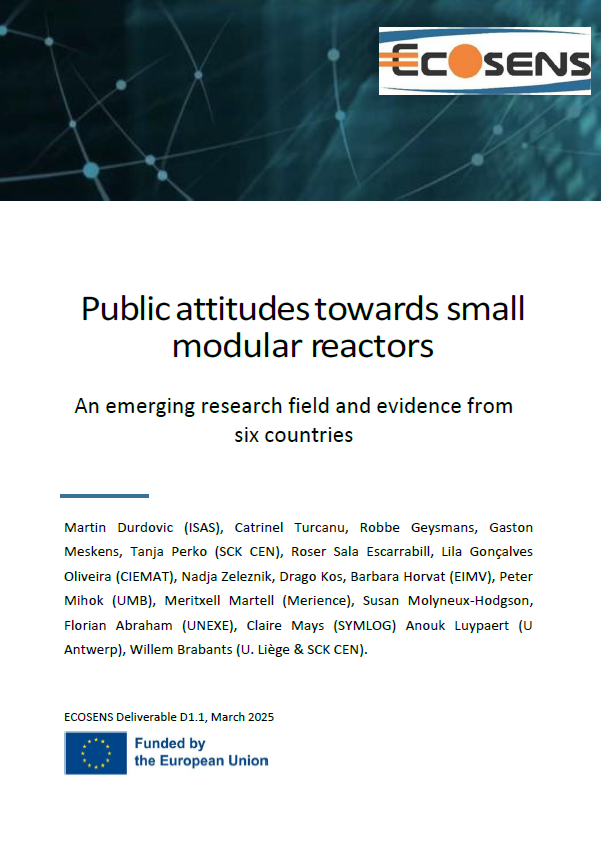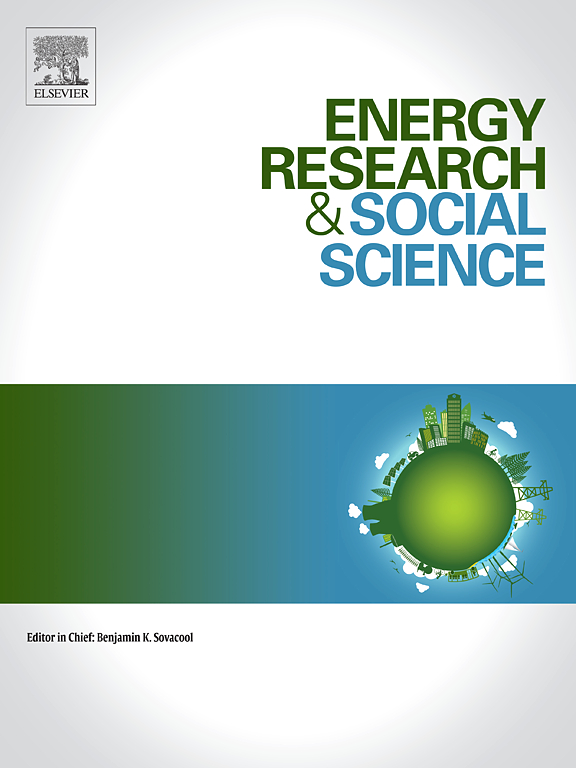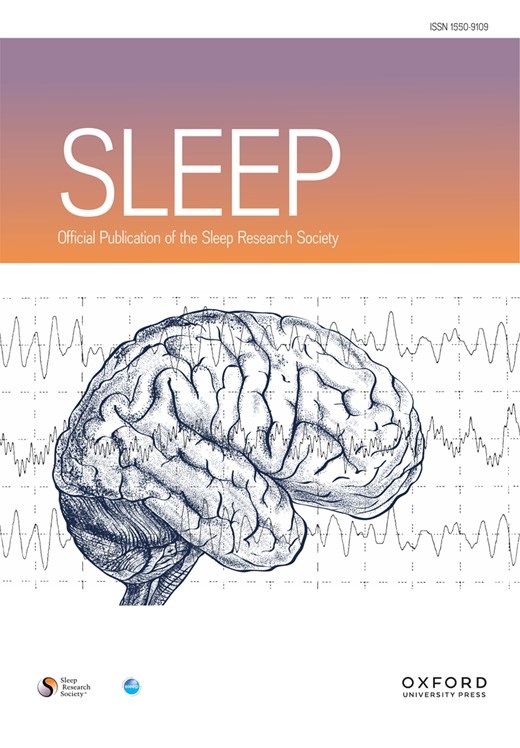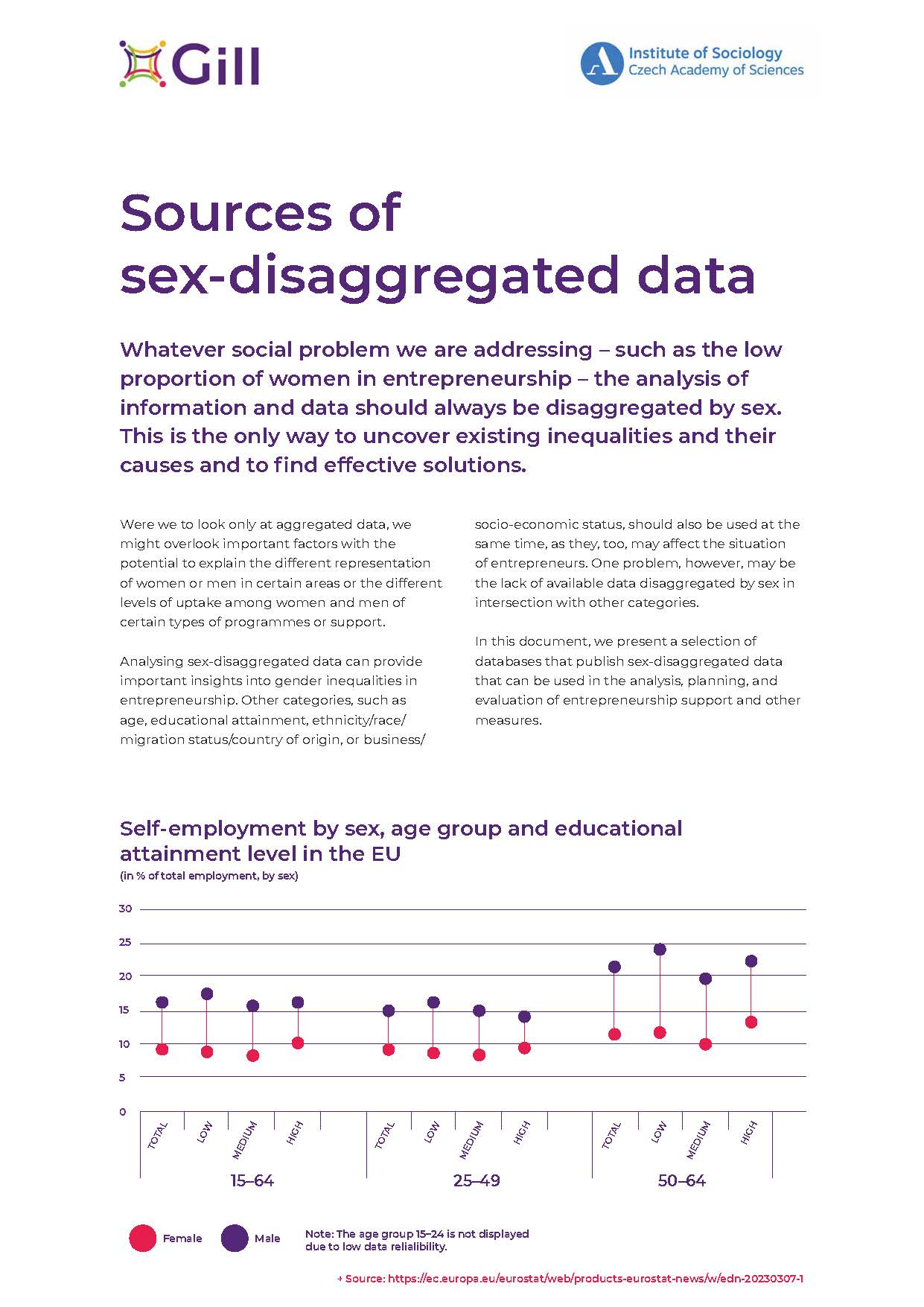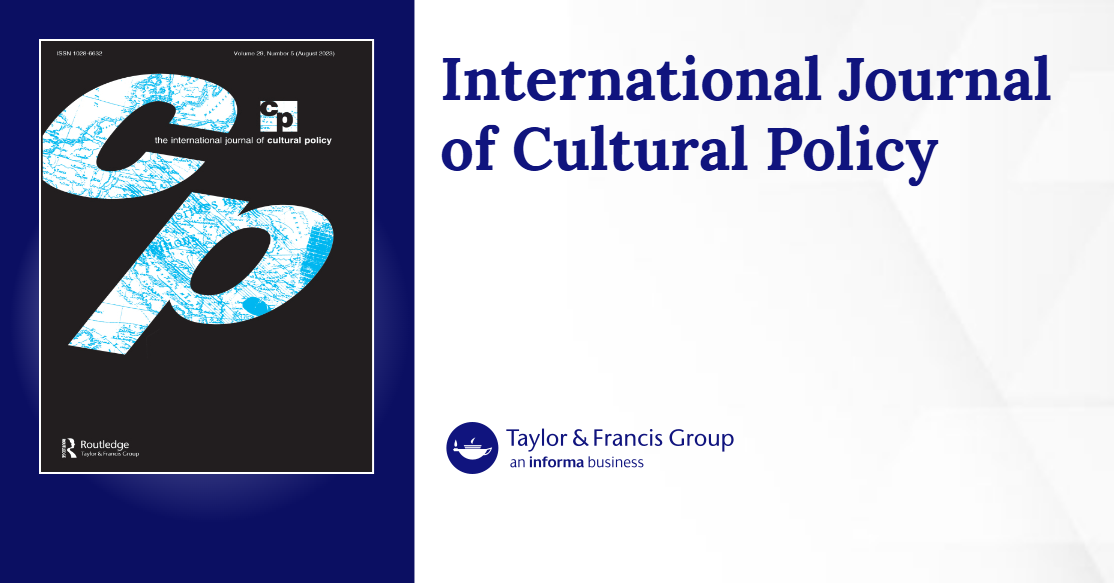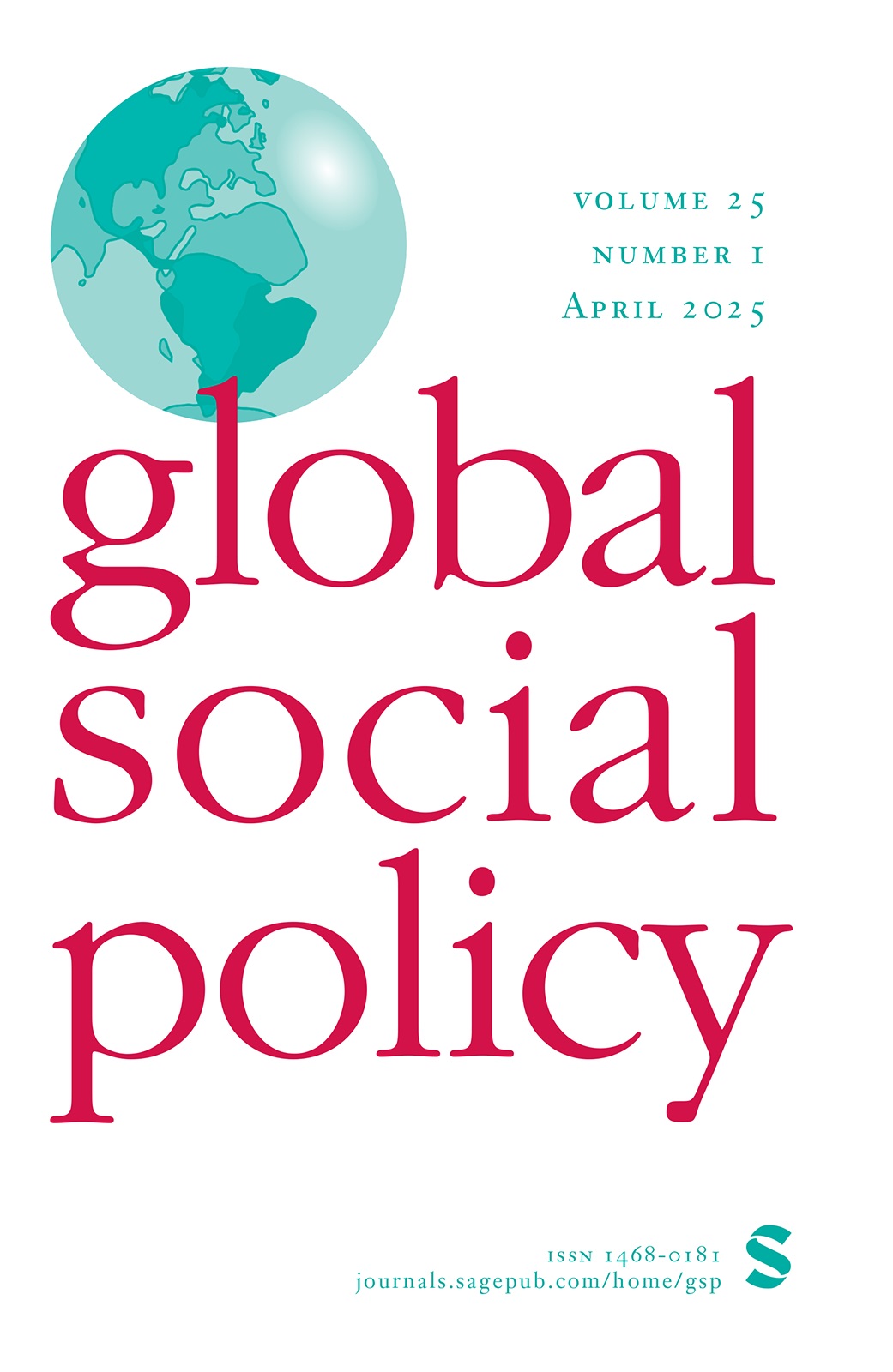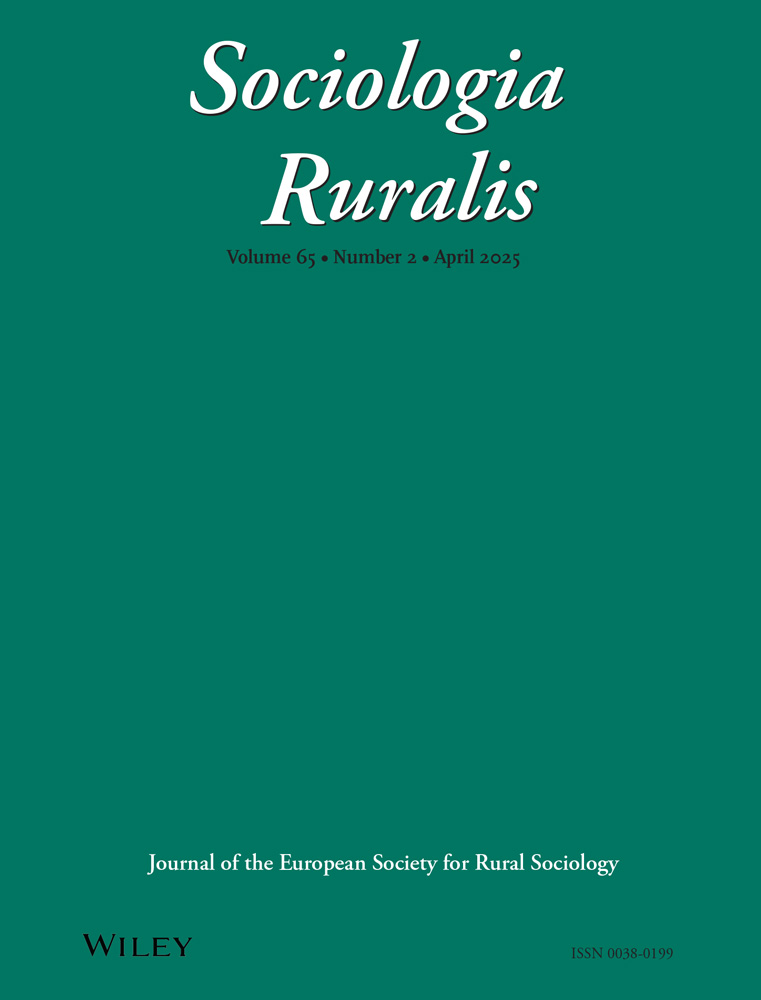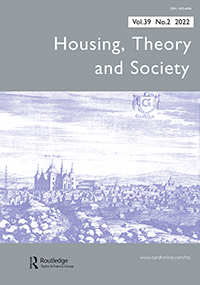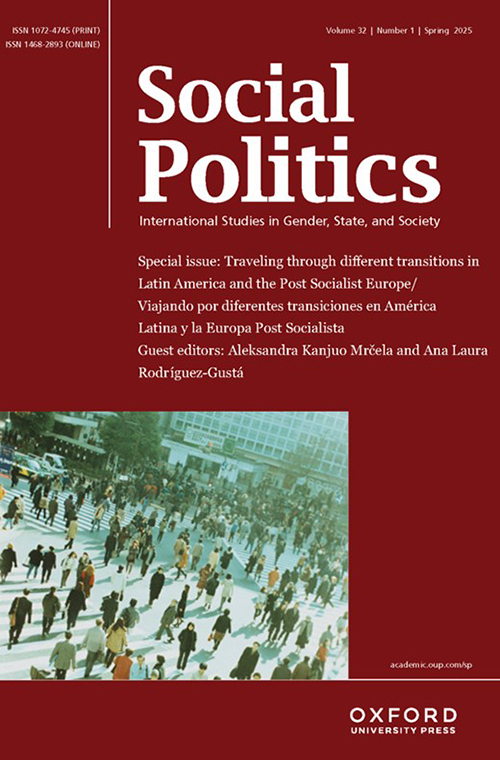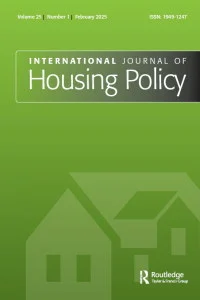Publications
How Small Municipalities Contribute to Robust Crisis Governance—Experiences From Two Recent Large-scale Crises in Czechia
Publication Type: Peer-reviewed article
Public attitudes towards small modular reactors. An emerging research field and evidence from six countries
Topics: Energy, Climate Change, Technology and society, Transformation
Publication Type: Professional Book / Monograph
Department: Public Opinion Research Centre
Public resistance to climate policy amid energy crisis and populism: The case of the European Green Deal in the Czech Republic
Topics: Energy, Climate Change, Technology and society, Transformation
Publication Type: Article with impact factor
Department: Centrum pro výzkum veřejného mínění
Population-representative study reveals cardiovascular and metabolic disease biomarkers associated with misaligned sleep schedules
Sources of sex-disaggregated data
Topics: Gender, Sociological Data
Cultural policies of populist governments in central and Eastern Europe: a comparative review
Topics: European Union, Politics and Political Attitudes, Public Policy
Corruption and the social legitimacy of the welfare state: A comparative cross-national analysis
Discontent and Disadvantage in Left‐Behind Places: Regional Effects on EU‐Trust and Status Attainment in Europe
Publication Type: Article with impact factor
Pragmatic Socioeconomics: A Way Towards New Findings on Sources of (Housing) Market Instability
Topics: Housing
Strong Gender Contract, Weak Institutions: Gender Pay Gap in Slovenia and Czechia
Topics: Gender, Wages and Incomes
The Structural Misrecognition of Migrants as a Critical Cosmopolitan Moment.
Distorted Emancipation and the Transnational Political Economy of Social Reproduction.
Transnational migration and the extractivist logic of global capitalism: the EU–Eastern Africa geopolitical space.
Proč číst Dekoloniální feminismus v českém kontextu?
Disorganised Collective Citizens’ Interest, Social Transformations and Technopopulism
Beyond the second-order national elections model: Incumbency effects in regional elections in the Czech Republic
Economic and Pandemic Performance Voting in the 2021 Czech National Election
Alkohol a účty panství České země do husitské revoluce
Czech political candidate and donation datasets
Přílohy – základní informace o výzkumech a metodologické poznámky.
Voľný čas na Slovensku – diferenciácia a reprodukcia
Who owns the fungi: ethnography of mushroaming as a form of multispecies sociality
Topics: Technology and society, Environment, Lifestyle
Publication Type: Other Publication
Department: National Contact Centre for Gender & Science
Housing wealth inequality, intergenerational transfers and young households in the super-homeownership system
Nanoethics for the Plastocene: the value sensitive design of nanofiber materials
Publication Type: Article with impact factor
Department: National Contact Centre for Gender & Science
Page 1 of 161
